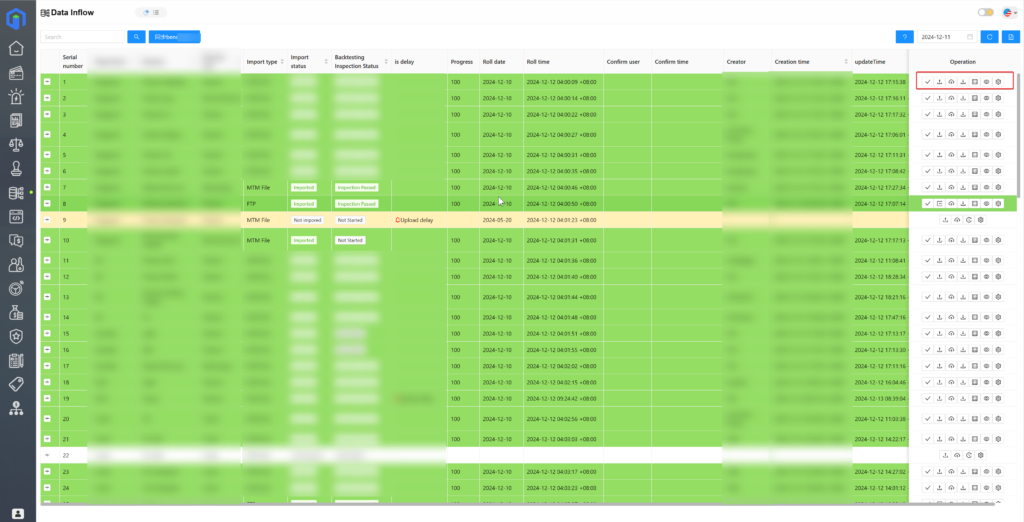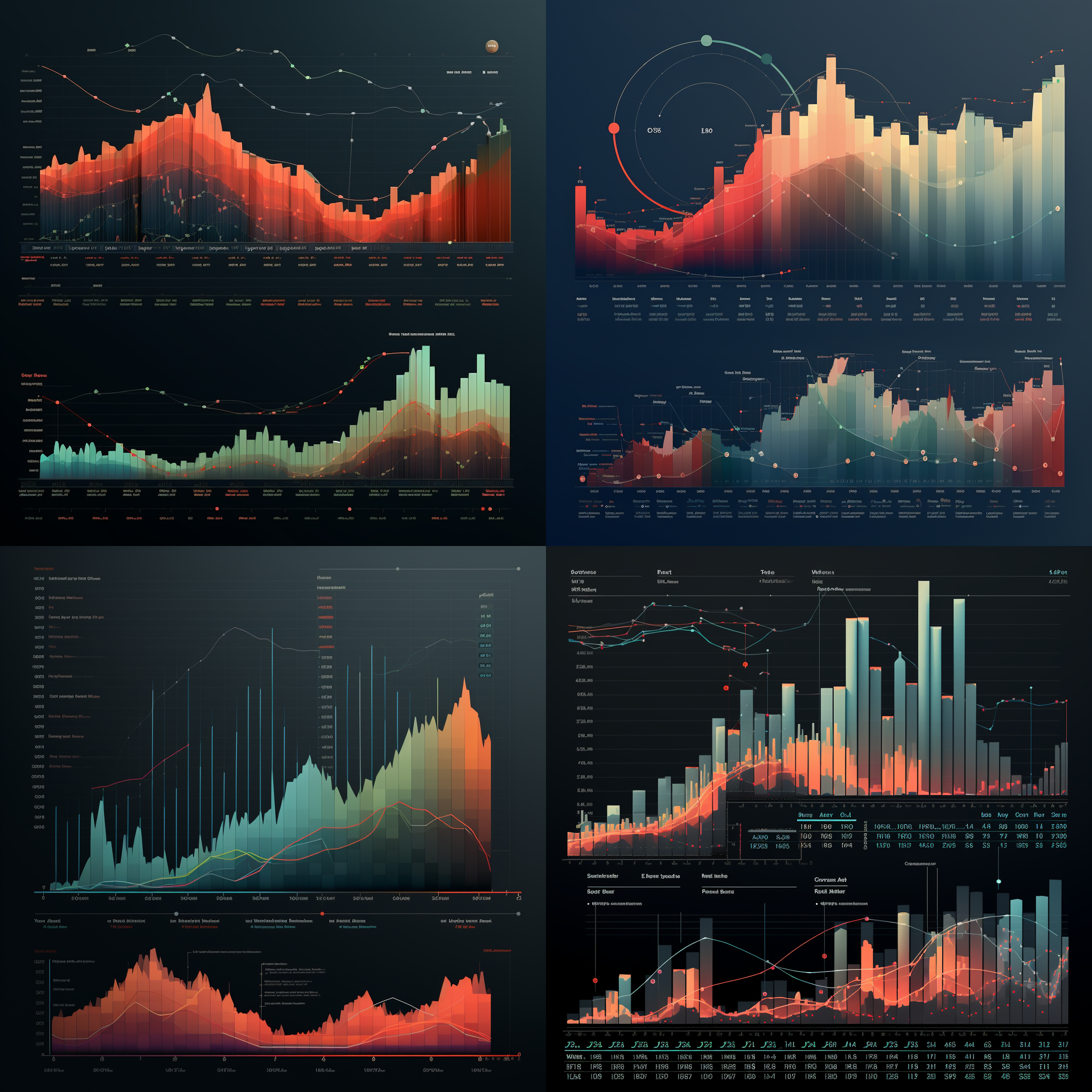Data integration is a major challenge faced by many enterprises in the process of data governance, especially in data-intensive industries such as trade and finance. The scattered data sources lead to “data silos,” weakening the value of data applications, and impacting business decisions and overall development.
To solve the “data silo” problem, YHWL launched the X-Ray (SiRui) data governance and mining system to help enterprises improve data governance and analysis efficiency. Among them, XDK (Data Collection Toolkit), as a core component, focuses on collecting, integrating, and processing internal and external data, helping enterprises break down “data silos” and achieve seamless integration of multi-source data.
Next, we will explore the advantages of XDK in data integration from the core functions of XDK, application examples, and other aspects.
1. Core Functions and Advantages of XDK Module
XDK’s two core functional advantages lie in its flexibility and efficiency.
(1). Flexibility: Adapting to Complex Multi-source Data Environments
1) Multi-source Data Integration Capability
XDK has powerful cross-system data integration capabilities. It can non-intrusively collect data from different heterogeneous data sources and centralize enterprise information management. It supports seamless collection of various data sources such as backend databases, data warehouses, web interfaces, text files, and Excel-based business ledgers.
The architecture of XDK allows it to support various data structures (such as table data, relational databases) and transmission protocols (such as HTTP, FTP, etc.), thus adapting to the complex data environment of enterprises. Whether it is real-time data collection from remote servers or automatic integration from different systems, XDK can seamlessly handle data through a wide range of protocols and formats.
For example, XDK can automate the collection of online system data, reducing manual intervention, and supports automatic or manual import of offline data such as Excel files, thus solving the challenges of offline data collection. Whether online or offline, XDK handles data efficiently, ensuring adaptation to different data environments.
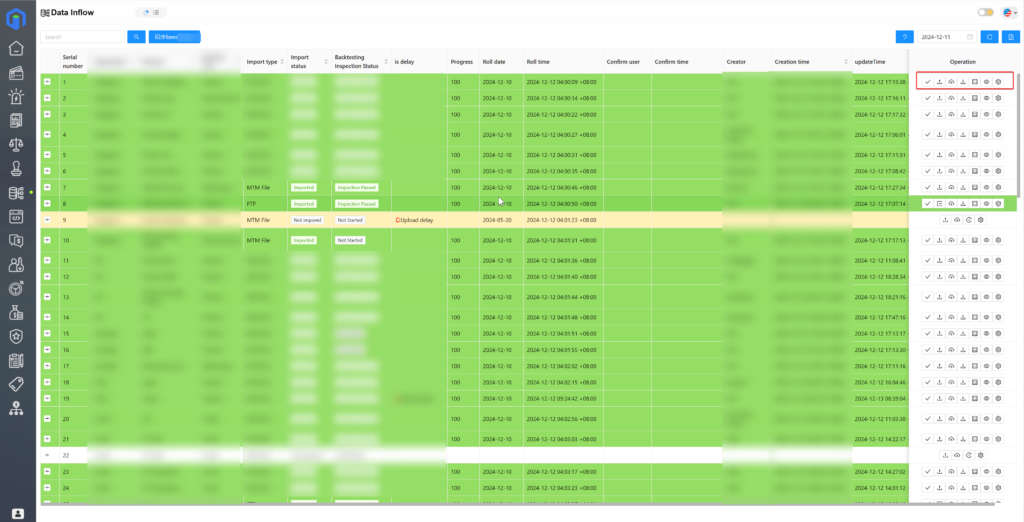
Additionally, XDK collects data in a non-intrusive manner through standardized data interfaces and APIs, without requiring changes to source systems or user habits. For enterprises with complex systems and sensitive data, this compatibility enables quick deployment of XDK, avoiding large-scale system overhauls, significantly saving costs and time.
2) Flexible Architecture Design
XDK supports multiple programming languages (such as Python, C++, Java, Ruby, etc.), offering flexible development choices for enterprises. Its multi-language support feature makes it easy to integrate into different IT environments and adapt to diverse technological needs.
XDK can process not only structured data (such as backend databases, data warehouses) but also unstructured data (such as text files, Excel tables, web data). This allows enterprises to integrate various types of data, whether order data from an ERP system or manually entered spreadsheet data, all of which can be flexibly collected and processed through XDK.
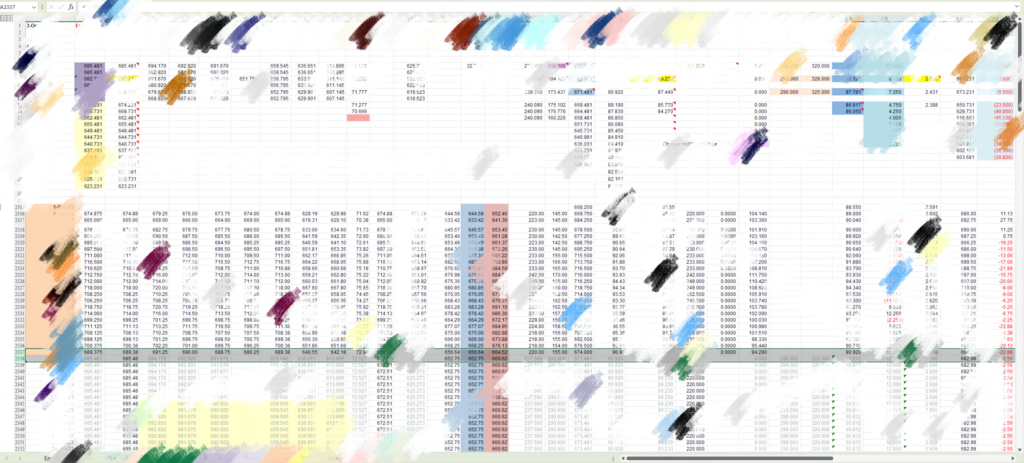
(2). Efficiency: Supporting Large-Scale Real-Time Data Collection and Standardized Processing
1) Real-Time and Automated Processing
XDK can perform real-time and automated data collection and standardized processing, ensuring data integrity and accuracy. Through API integration and data transmission protocols, XDK enables real-time data transmission and synchronization, and can automatically standardize both structured and unstructured data. For instance, through intelligent recognition algorithms, XDK can automatically extract key information from manual spreadsheets.
2) Standardized Data Processing and Quality Assurance
With standardized data interfaces, XDK unifies the formatting of data from different sources, ensuring data consistency. Whether the data is collected automatically from systems or manually entered via Excel, XDK completes the standardization through a consistent data processing flow.
Data validation mechanisms (such as self-validation, unattended operation, end-of-day tasks) help address data quality issues, ensuring data accuracy and integrity, providing a reliable foundation for subsequent analysis.
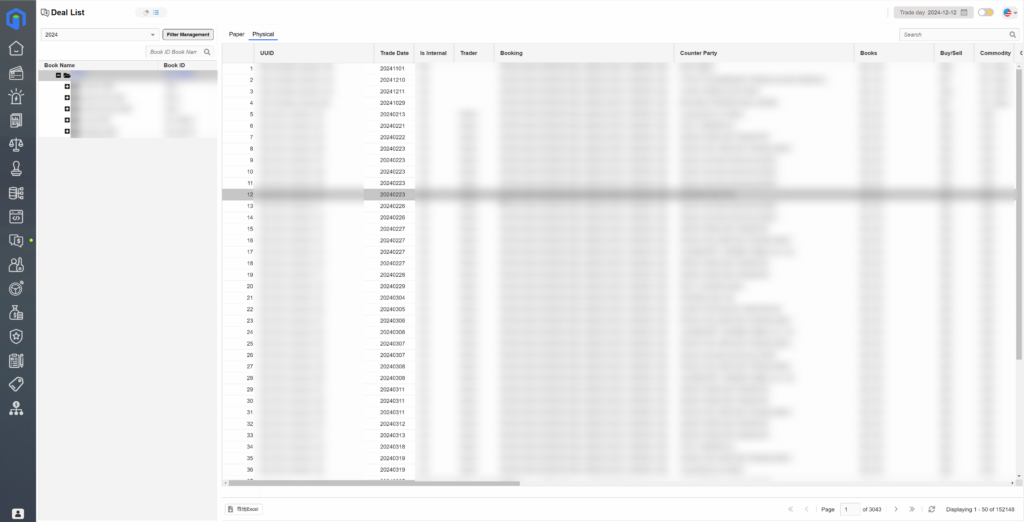
In summary, the XDK Data Collection Toolkit provides enterprises with powerful data collection, processing, and validation capabilities, enabling seamless integration of data from multiple sources and ensuring efficient data management and consistency.
2. Case Study: Application of XDK Module in the Commodities Trading Industry
XDK has been successfully applied in the commodities trading industry, particularly in the data governance and integration of large oil trading companies (such as Company Z), demonstrating its powerful functionality.
(1). Seamless Integration of Multi-source Data
In Company Z, XDK helped integrate over 70 data sources, including multiple business systems and manual spreadsheets. Through API integration and intelligent document recognition, XDK achieved real-time, automated data collection and integration, solving the issues of diverse data sources and complex formats.
Moreover, XDK significantly improved data processing efficiency. The automation of manual spreadsheet data recognition and processing reduced data querying and analysis time by 80%, from 4-6 hours per day to less than 1 hour.
(2). Data Standardization and Quality Assurance
XDK applied industry standards from the oil trade sector to automate data cleaning and rule mapping, achieving the standardization of data across systems and regions. It not only mapped Company Z’s data to international industry standards but also automatically cleansed abnormal data using machine learning algorithms and data validation mechanisms, significantly improving data accuracy.
The data error rate was reduced from 5% to 0.5%, greatly enhancing data quality and reliability.
Company Z successfully solved its data integration challenges with XDK, greatly improving data governance efficiency, and showcasing the immense potential and value of XDK in the commodities trading sector, particularly in oil trading.
Conclusion:
The XDK module, with its flexible architecture design and efficient data integration capabilities, provides enterprises with an outstanding solution for multi-source data collection, processing, and standardization. Whether dealing with complex data requirements in the commodities trading industry or cross-system, cross-data type challenges, XDK demonstrates its powerful adaptability and efficiency. By helping enterprises eliminate “data silos” and improve data quality and management efficiency, XDK also lays a solid foundation for subsequent data analysis and business decision-making.
In the future, as data demands continue to grow and data environments become more complex, XDK will play a core role in more industries and scenarios, helping enterprises accelerate digital transformation, enhance market competitiveness, and achieve sustainable development.

